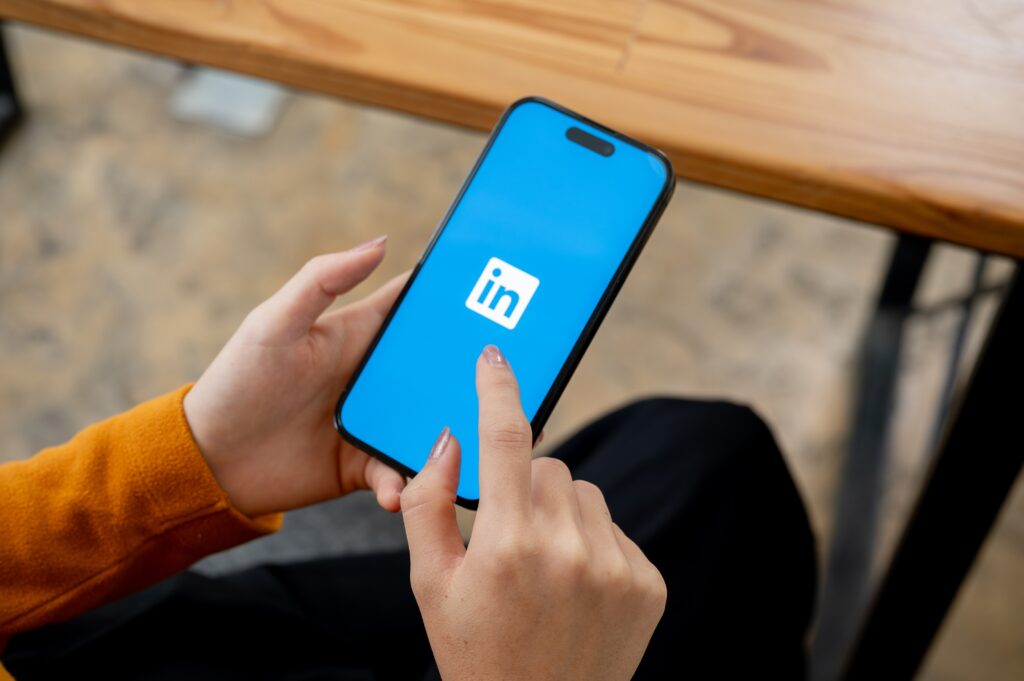LinkedIn Argues Platform is Unappealing to Children
LinkedIn has opposed Australia’s proposed child access ban on social media for users under 16. The Microsoft-owned platform claims its professional focus makes it too “dull” to attract children. LinkedIn maintains that its content is geared toward professional networking, not entertainment or social interaction for minors.
In a submission to the Australian Senate, LinkedIn highlighted its 16-year minimum age policy. It removes any underage accounts it identifies, ensuring children cannot use the platform. LinkedIn argues it should be exempt from the proposed law, as its lack of appeal to minors makes additional regulation unnecessary.
Australia’s proposed law aims to protect children from online harm by restricting their access to social media platforms. Prime Minister Anthony Albanese emphasized the importance of shielding young Australians from social media’s negative effects.
Industry Pushback and Criticism
Other tech giants, including Meta, Google, Snap Inc., and TikTok, have also raised objections to the bill. They argue the proposal is too broad and could create unintended issues. Meta, parent of Facebook and Instagram, contends that the bill would not ease parents’ role in protecting children online.
Google and Snap Inc. expressed similar concerns, warning of potential operational challenges. TikTok criticized the bill’s reliance on age verification technology, which it claims is still underdeveloped. The company also warned that rushing the bill’s implementation could lead to unforeseen issues.
LinkedIn’s Unique Case for Exemption
LinkedIn argues its platform differs from other social media giants. It emphasizes that its user base consists of professionals, not children, with users seeking career connections rather than entertainment. LinkedIn’s age requirement of 16 and its proactive removal of underage accounts further support its case for exemption.
LinkedIn warns that applying the law to its platform would impose unnecessary regulatory burdens. These measures could disrupt LinkedIn’s regular operations and inconvenience Australian users. Exemption from the law would allow LinkedIn to avoid costly age verification processes and compliance challenges.
Global Implications and Reactions
Australia’s proposal has drawn international attention, sparking debate on child safety online. UK officials have shown interest in similar measures, while France has already passed laws restricting access for children under 15 without parental consent.
Privacy and human rights advocates have criticized Australia’s rushed approach to the bill. They argue that a one-day feedback window does not allow for sufficient consultation. Concerns have also been raised about potential privacy risks posed by the law’s implementation.
Despite these objections, the Australian government is pushing forward, aiming to pass the law before the end of the parliamentary year. This effort aligns with a broader global push to reduce the risks posed by social media to children.


